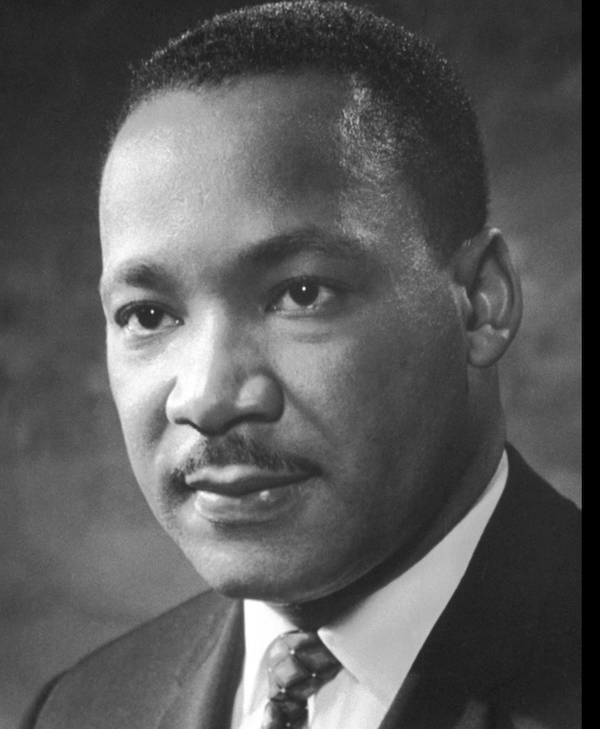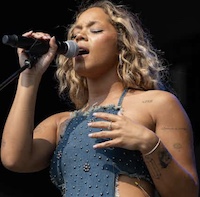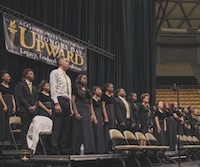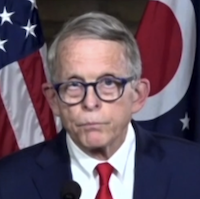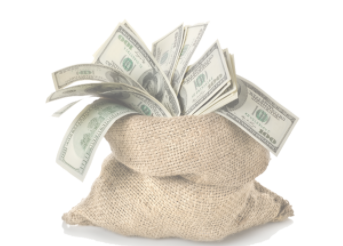Around this time of year, calls abound to honor Martin Luther King Jr.’s legacy. Many students and youth groups honor him by following his admonition to be great by serving “because anyone can serve.” They treat the MLK holiday as “a day on, not a day off” by doing service projects in their neighborhoods.
Another way to pay homage to King has always been to continue his work. Currently, we can do that by working hard for President Biden’s Build Back Better legislation. We have a chance – though slim — to do something to help MLK’s last great cause.
MLK often moved many of us to tears with his stirring sermons and speeches. However, he was himself moved to tears of a different sort upon witnessing the abject poverty in Marks, Mississippi, at the time the poorest town in the poorest county in the United States.
Of course, King recognized this was the tip of the “poverty iceberg.” Therefore, the situation in Marks moved King to do something — a very ambitious project.
While most people know that MLK was assassinated in Memphis while participating in the Memphis garbage workers’ strike, too few know about King’s primary activity during this time — the Poor People’s Campaign.
The Memphis garbage workers strike was an important but side issue for King and the Southern Christian Leadership Conference (SCLC). However, the Poor People’s Campaign was one of his most important projects.
Complaining that poverty was too high in this the wealthiest nation in the world, Dr. King announced on December 4, 1967, “The Southern Christian Leadership Conference will lead waves of the nation’s poor and disinherited to Washington, D. C., next spring to demand redress of their grievances by the United States government and to secure at least jobs or income for all.”
King continued, “. . . [T]hink of children starving in Mississippi while prosperous farmers are rewarded for not producing food. . . Or the awesome bombardment, already greater than the munitions we exploded in World War II, against a small Asian land [Viet Nam], while political brokers de-escalate and very nearly disarm a timid action against poverty. Or a nation gorged on money while millions of its citizens are denied a good education, adequate health services, decent housing, meaningful employment, and even respect, and are then told to be responsible.”
King said, “We will go there, we will demand to be heard, and we will stay until America responds. . . In short, we will be petitioning our government for specific reforms, and we intend to build militant nonviolent actions until that government moves against poverty.”
In March of 1968, over 50 multiracial organizations came together with the SCLC in Atlanta to join the Poor People’s Campaign. Then MLK was assassinated—it seems to thwart the tidal wave.
Losing much of its steam, the Campaign continued under the new president of the SCLC, Ralph Abernathy, and many of us participated. It climaxed in the Solidarity Day Rally for “Jobs, Peace, and Freedom” on June 19, 1968, as 50,000 people joined the 3,000 participants living in Resurrection City, the temporary encampment on the National Mall.
With King gone, the Poor People’s Campaign fell short of its goal to win significant anti-poverty legislation. It did, however, mark a change of the civil rights movement from advocating a platform of only racial equality to one that incorporated interracial class issues and economic goals.
In 1968 when MLK was assassinated, the childhood poverty rate in the country was 15.6. In 2020, it was higher at 16.1 percent.
The American Rescue Plan Act of 2021 expanded the Child Tax Credit policy and reduced child poverty by 28 percent. The Build Back Better Act (BBB) would extend the policy another year and increase the reduction in child poverty to 40 percent.
If the BBB does not pass — and soon — the Center on Budget and Policy Priorities estimates nearly 10 million children could fall back into poverty, some to deep poverty.
If BBB does not pass, poverty rates would be 22 percent for Black children compared to 13 percent if it did, 21 percent for Latino children compared to 12 percent, and 18 percent for AIAN children compared to 10 percent.
MLK always argued, “The arc of the moral universe is long, but it bends toward justice.” To honor his legacy, we must push along that arc.
• • •• • •
Wornie Reed is Professor of Sociology and Africana Studies and Director of the Race and Social Policy Research Center at Virginia Tech University. Previously he developed and directed the Urban Child Research Center in the Maxine Goodman Levin College of Urban Affairs at Cleveland State University (1991-2001), where he was also Professor of Sociology and Urban Studies (1991-2004). He was Adjunct Professor at the Case Western Reserve University School of Medicine (2003-4). Professor Reed served a three-year term (1990-92) as President of the National Congress of Black Faculty, and he is past president of the National Association of Black Sociologists (2000-01).
This column first appeared online at What the Data Say and is shared here by permission.


